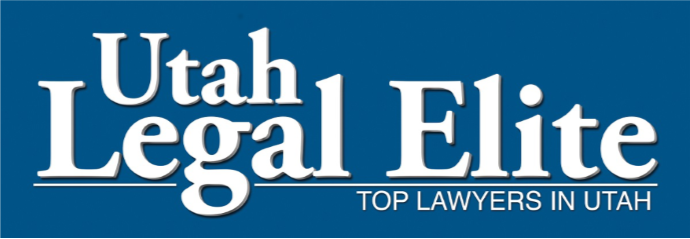September 2014
Estate planning is a process—not an event—often wrought with common and routine mistakes, the most common of which include the following:
- no planning at all;
- failure to coordinate insurance/retirement assets with an estate plan;
- adding individuals to bank accounts;
- transferring family home in joint tenancy with an adult child; and
- no planning for a disabled/special needs child.
A properly drafted estate plan can help avoid these mistakes.
THE PROBLEM WITH DOING NOTHING
When a person dies without a will, the person is said to have died intestate. The laws of the state where the person lived at the time of death will apply, and those laws determine the liquidation and distribution of the estate. Many people do not have a favorable opinion of, or trust, politicians. Yet, when you do nothing, you are letting your state legislature draft your estate plan. Under intestacy laws your property could ultimately end up in the hands of unwanted beneficiaries or administrators. Would you want an ex-spouse to be responsible for receiving or administering your property? Creating a trust can solve this problem.
FAILURE TO COORDINATE INSURANCE/RETIREMENT ASSETS WITH AN ESTATE PLAN
A common misconception is that a will controls the distribution of assets upon death. However, a will only governs probate assets (i.e., assets not controlled by trusts, joint tenancy, and/or beneficiary designations.) Today, many assets get transferred without consideration of a will. For example, joint tenancy assets pass to the surviving joint tenant and life insurance, annuities, and IRAs/401(k)s are controlled by beneficiary designations. These assets, upon death of the owner, pass to the named beneficiary regardless of the provisions outlined in a will. So, if an individual designates only one child as a beneficiary in a life insurance policy, but prepares a will naming all children as equal beneficiaries, the beneficiary designation in the insurance policy trumps the directions in the will, potentially creating problems the deceased never intended, and which could have been avoided by coordinating insurance/retirement assets with an estate plan.
ADDING INDIVIDUALS TO BANK ACCOUNTS
Adding a person to a bank account subjects the account to that person’s creditors. For example, when a parent adds a child to his/her checking account in order to allow the child to manage the bills and expenses, the child becomes a co-owner of the account, and that account becomes subject to the child’s creditors. Creating a revocable trust can protect assets while still allowing another person to pay your bills.
TRANSFERRING THE FAMILY HOME IN JOINT TENANCY WITH AN ADULT CHILD
A parent conveying title of their home to an adult child as joint tenants to avoid probate court is a routine mistake for several reasons. (1) This transfer constitutes a taxable gift under IRS regulations. (2) The home becomes subject to the child’s creditors who can then potentially force the sale of the home. (3) The sale of the home results in potential capital gains tax to the child. A revocable trust can accomplish transfer of real property without the ensuing problems.
FAILURE TO PLAN FOR A DISABLED CHILD
If you have a disabled or special needs child, you should consider leaving the child’s inheritance in a specially drafted trust to protect the child while keeping the child eligible for public assistance. An inheritance could cause forfeiture of public assistance benefits to a special needs child. Through a supplemental needs trust a child’s inheritance can be managed by a selected family member without sacrificing Medicaid or SSI benefits.
CONCLUSION
Proper planning creates peace of mind, streamlines administration, and preserves your property for your family and future generations. With attention and regular checkups we are able to catch the mistakes described above (and more) and make the necessary changes to avoid unnecessary problems and costs.

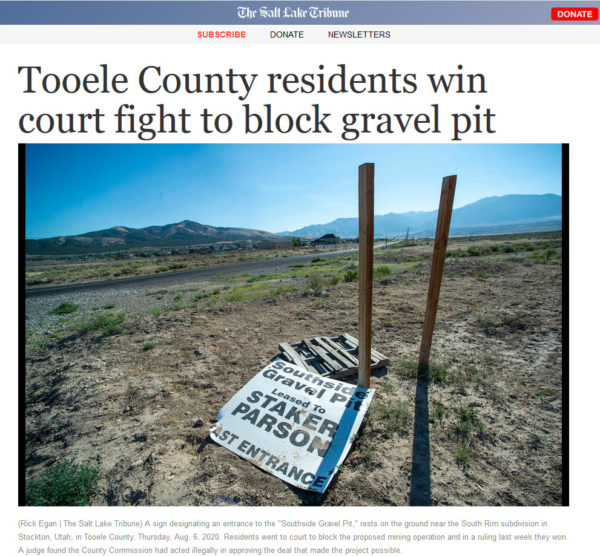

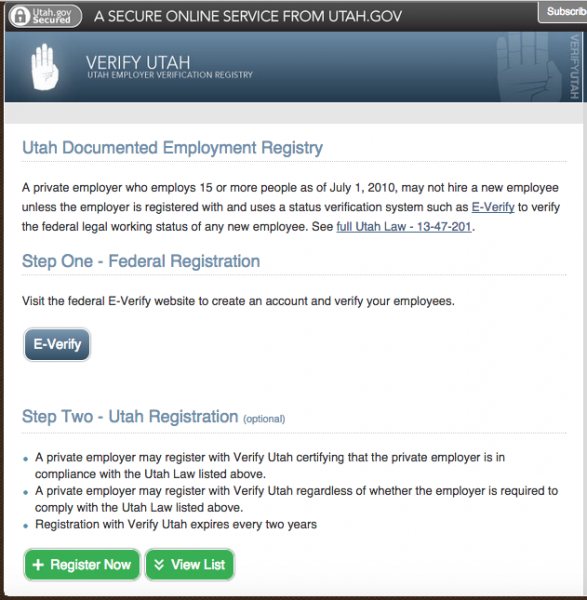
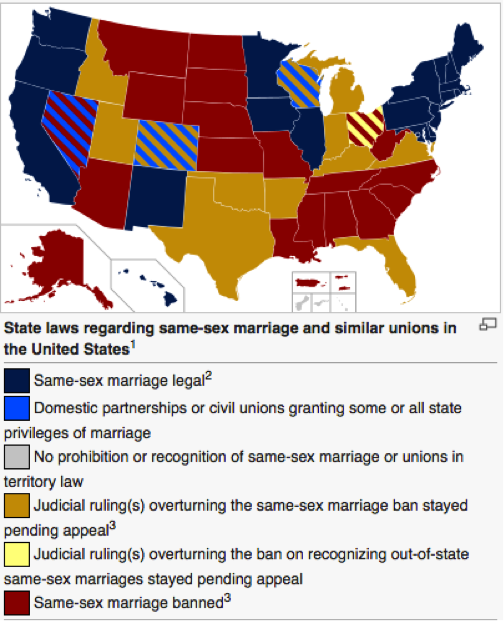

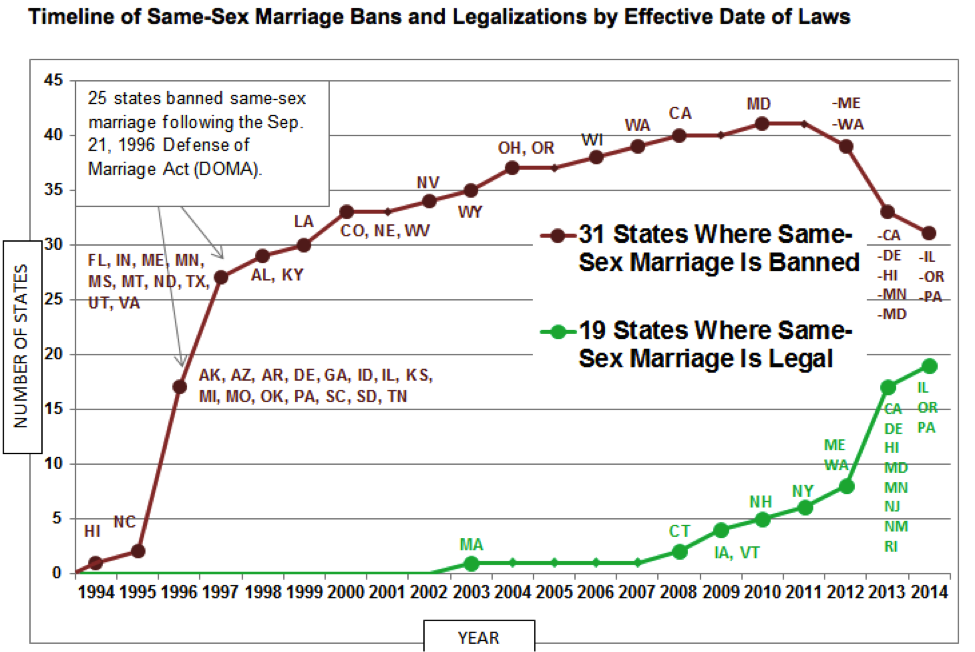
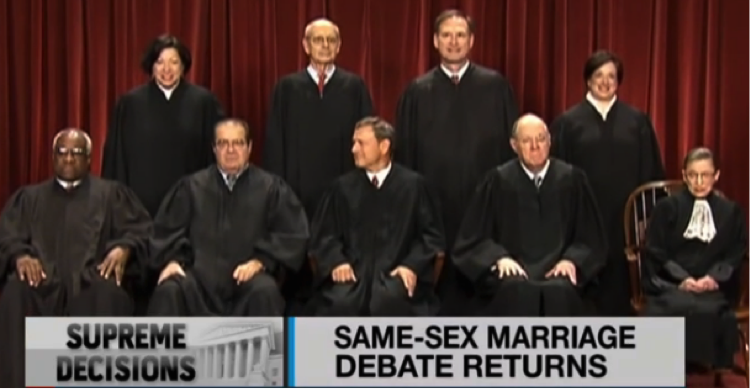 U.S. Supreme Court Justices Back row (left to right): Sonia Sotomayor, Stephen G. Breyer,Samuel A. Alito, and Elena Kagan. Front row (left to right):Clarence Thomas, Antonin Scalia, Chief Justice John G. Roberts, Anthony Kennedy, and Ruth Bader Ginsburg
U.S. Supreme Court Justices Back row (left to right): Sonia Sotomayor, Stephen G. Breyer,Samuel A. Alito, and Elena Kagan. Front row (left to right):Clarence Thomas, Antonin Scalia, Chief Justice John G. Roberts, Anthony Kennedy, and Ruth Bader Ginsburg
